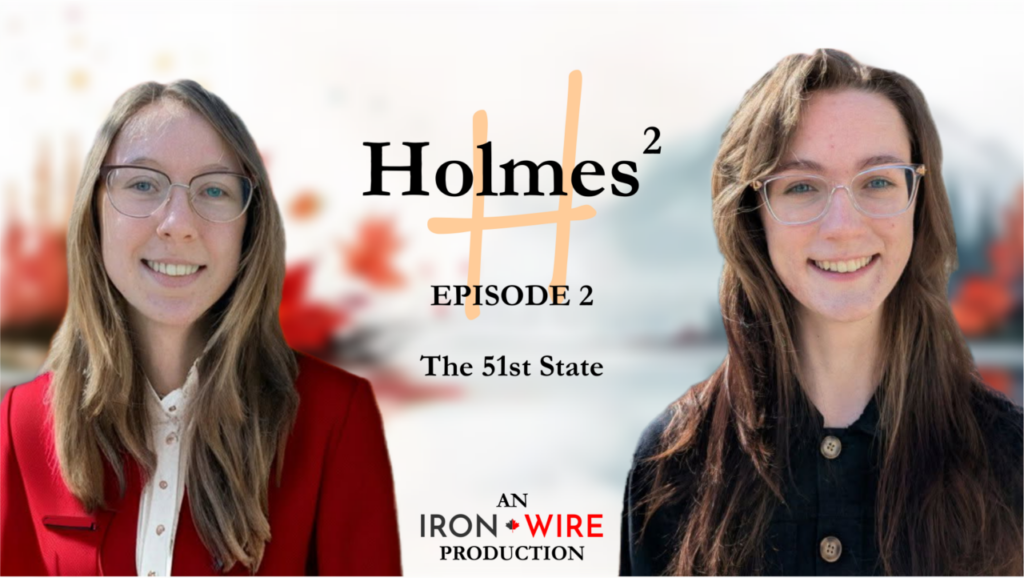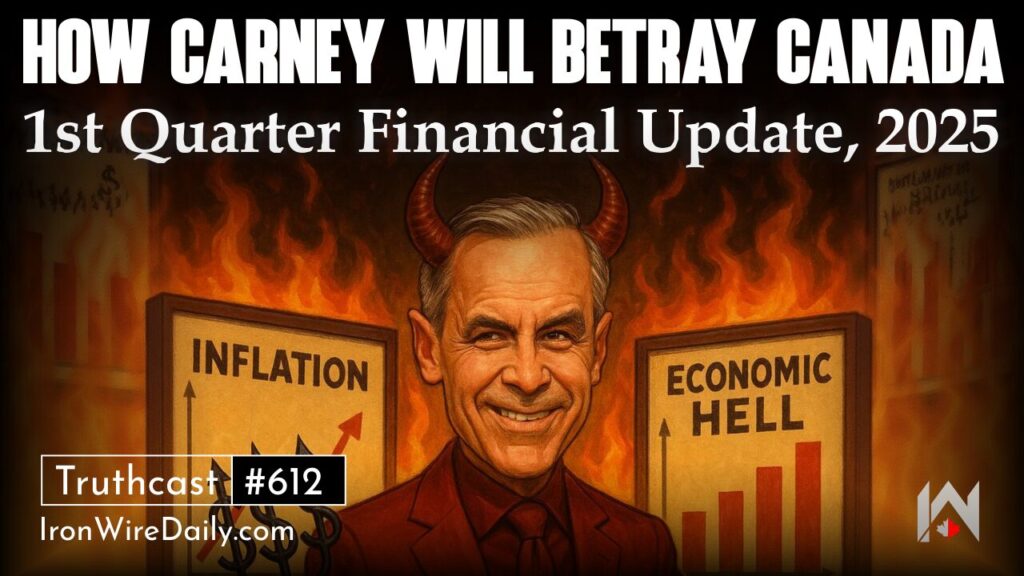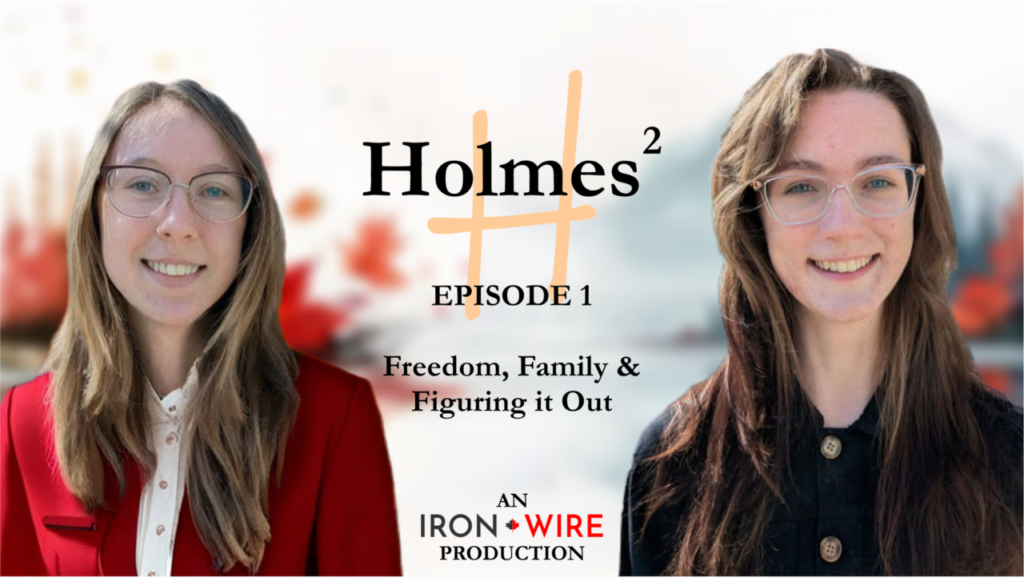The Liberal Order Cannot Defend Itself, Which is Why it Needs Christianity – The Daily Sceptic
Most of us just think about the state – politics, society, etc. We barely think about religion, or, if we do, there is a strident noise of disjunction as gears change and we attempt to think in a different mood. Not politics, but religion. Not state, but church. I find this myself: I mostly think about secular matters. I have had phases of writing about religious subjects, or reading through theological literature, but this has remained somewhat shadowy in my academic writing, and I sometimes find that being reminded of the religious aspect to any problem is to be reminded of the dark side of the moon.
But since the beginning, and until the end, politics and religion will be intertwined. Our civilization might be only the slenderest insertion of an attempt to separate them into the geological timescale: like a thin stripe of comet dust running across the sediment. Almost all ancient societies, and many later societies, simply associated politics and religion, and called the result law or life or ‘the way’. But this is where the Israelites come into history, and into importance: since they originated a sensibility that eventually made secularity possible: they took their religion so seriously they detached it from actual politics – though they retained the hope, also found in Christianity, that religion would find its consummation in a restored politics: either that of the New Jerusalem or that of the Kingdom of God.
It is a significant fact about the historical Israelites. When any other ancient people was defeated in war, they abandoned their gods, whom they blamed for the defeat, and adopted the victorious gods. But the Israelites, when defeated, or conquered, or sent into exile, blamed themselves: and held onto their God. Christian civilization, or Christianitas, as I discover it used to be called, is a civilization in which we pray that God’s will be done. “Thy will be done.”
Christianity never was David Starkey’s ‘English shinto’: “The English worshipping themselves.” Starkey is right about almost everything: politics, law, history. But he is, alas, wrong about that. Christianity never asks us to pray, “Our will be done.”
Anyhow, I have an argument to make.
There is a question that was answered in the negative, in advance, by figures such as Burke, De Maistre, Newman and Manning. This question was: Can man exist without religion? And, more specifically, can the West survive without Christianity? The argument I want to make here is that there is a secular reason why we might suppose that our liberal, secular society is doomed without religion – specifically, its own original religion of Christianity. This is because it is only if it is Christian that it can defend itself. If it is only liberal and secular it will capitulate to its enemies (ironically dying as it strains to refuse to capitulate to the one religion that could save it).
Take a secular society.
I have to admit that I am stealing from one of the great thinkers of the last century, Michael Oakeshott. You have to concentrate a bit to catch the drift, but hopefully it is worthwhile. I am going to refer to a distinction Oakeshott makes in his late work On Human Conduct, which was published in 1975. This is because he sketched an ideal which, it seems to me, is more or less our liberal, peaceful conception of good order.
Oakeshott asks, what is the state?
His answer is that it is a composite of two ideas of association.
The first is that we are associated in terms of law: we observe these laws, and then can enjoy the liberties that these laws permit. This is individualistic. Oakeshott calls this ‘civil association’.
The second is that we are associated in terms of a common good: we have come together to achieve some very specific end. This is collectivist. Oakeshott calls this ‘enterprise association’.
Oakeshott liked the former; he disliked the latter. This is where he is a good classical liberal, or conservative, or whatever you want to call him – he wasn’t keen on these sorts of words. But he attempted to be fair, and theorise both of these ideas together. He suggested that the European, or Western, state is a composite of both. If we simplify his argument a bit, what this means is that we find individual liberties and collective goods mixed up together in state activity. Sometimes the justification for political action is in terms of autonomy and free activity, ‘freedom of speech’, etc. But sometimes the justification is for salus populi: dealing with systematic injustice, making provisions for the coming climate catastrophe, or imposing a basic income – or fighting a war (or imposing two-tier justice). Here, we act together to do something. This is the ping pong of much politics. Except Oakeshott argues that it is not only at a surface level that politics is mixed: the state itself is, in its constitution, an awkward and equivocal, cognitively dissonant, combination of the impetus to allow everyone to live as they want in peace, and the impetus to establish by design and coercion and nudge the greatest good of the greatest number.
Some of us, perhaps most of us, who are aggrieved at the early 21st Century state, who are appalled by COVID-19, Climate, Intersectionality, and the Long March Through the Institutions, would obviously favour Oakeshott’s ideal of ‘civil association’. It is a grand idea. Enough law and order to get us through, decorated by a bit old culture, ‘cultural Christianity’ and whatnot. Live in peace, eccentric English ladies and gentlemen.
But, but, but.
I do not think that civil association can defend itself. Let me remind you. Civil association is an association that exists only in shared acknowledgement of law. It is not association that is designed to do anything. It is peaceful association, not warlike association. Now, no civil association has ever fought a war: it would not be good at it. When the United Kingdom or old England fought wars, it was, a nation under a medieval king, or a modern general: it was an enterprise association. For war is the simplest and starkest of all enterprises: where the common good is defence or conquest or even just a demonstration of will. The Saxon Shore, Bouvines, Agincourt, Poitiers, Blenheim: all were enterprises. They were barely civil. Oakeshott disliked enterprise association because it was not civil. And this is to his credit. But the state, our state, if it wants to defend itself, cannot be civil. It has to engage in an enterprise: the equivalent of a crusade. And it cannot do this unless it understands itself to be in some respects an enterprise association, an association in which we are bound together in terms of wanting to achieve a common good.
What I am saying is that even if our ideal is that of civil association, we cannot defend this idea except in so far as we imagine ourselves to be an enterprise association, willing to fight in defence of that civil association.
England, for want of a better word, will die if it is only a civil association. Why? Because it will be infected, invaded, inseminated with the visions of enterprise derived from other, lesser, civilisations, and also visions of enterprise invented by the bastard children of its own degraded ideology. This is what is going on now. Civil association is being eaten out from within by both foreign uncivil ideas and home uncivil ideas: and this is being presided over by the complacent class of those who feel sufficiently educated and enlightened to survive and fail to recognise the turbulence beneath them in society.
So there has to be an English enterprise association. But it cannot be the English worshipping themselves: for this would be Little England, Crusader Football, White Supremacy stuff, at best. It has to be the English worshipping God, praying for His will, and not theirs, to be done. And this is not Little England: it is cosmopolitan, Catholic in the best sense, for one of the great complications of English history has always been that our civil association has been Little Englander, while our enterprise association has been Christian. The dissonance between the two has not always had good consequences, but they balance each other, and prevent us becoming either emptily globalist or entirely solipsistic.
My suggestion for the sort of Restoration proposed by David Starkey is radical: more radical than his, which is just constitutional and tries to ignore Christianity. I think that unless the English are willing to insist that England is Christian, and that the Church of England is a Christian church, and to make this so, not by force, but by institutional entrenchment and something like financial encouragement (the restoration of tithes, and the restoration of – and I know this will be controversial – tests); then, bit by bit, our secular intellectuals and their instruments will preside over a fading out of our civilization until the last Muslim and the last Feminist cry bloody murder and engage arms.
Christianity is the only safeguard of civil association. In our country, it forged civil association: and the walls of civil association will collapse without it. Watch as the armies of other associations derange the country with their visions of enterprise.
If we want our state to be a civil association, we cannot neglect the enterprise association that is the historic church. We depend on it for the defence of our order – of good order.
The death of God simply will not work. We will have a religion whether we want one or not. If it is not Christianity, it will be a false or much inferior religion: Islam, or something composted out of out of the rotting peel and cabbage leaves of DEI, NHS, Net Zero, COVID-19, MSM, WHO, British Values, etc.
Let me repeat: liberal order, secular civilisation, Oakeshott’s ‘civil association’ is a marvellous historical achievement, but it cannot defend itself. It is fragile: it is indebted to Christian history. Mock that history as barbarous and ignorant, as Hume did, if you like, but beware the consequences. Cut from the root, the flower will wilt.
Or to put it another way, the Christian church is the guardian of the saeculum. After all, it invented it. Throw the church away, and the state will revert to being a simple tyranny, an unmitigated extractive regime. There is not much of a United Kingdom to be had without the Kingdom of God.
James Alexander is a Professor in the Department of Political Science at Bilkent University in Turkey.













